1. 1918: The end of World War I
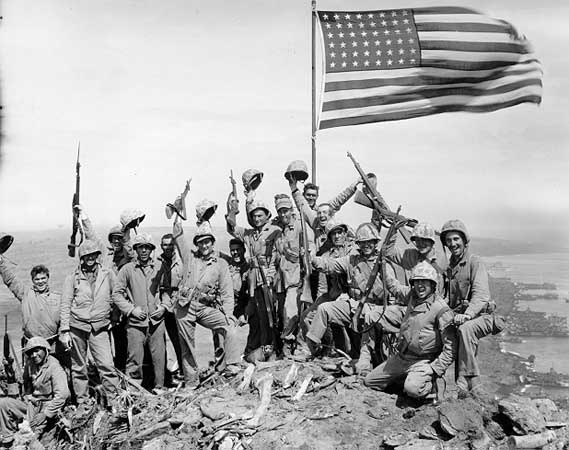
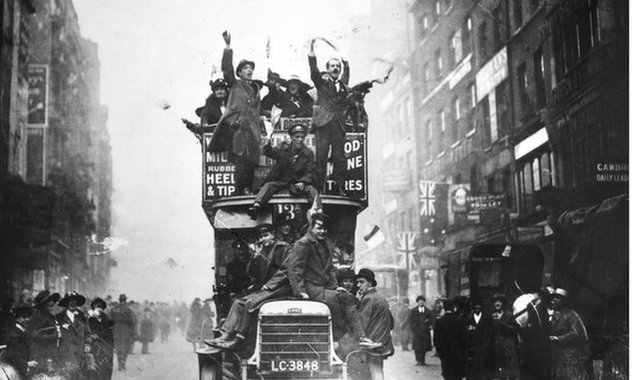
After more than four years of fighting, and more than 9 million casualties and 21 million left injured, WWI finally came to an end on this date in 1918. Interestingly, it was at the 11th hour of the 11th day of the 11th month that this monumental event took place in a railroad car outside Compiegne, France as Germany signed an armistice agreement. The first World War is considered to be one of the deadliest conflicts in history, as well as being one of the largest wars. Almost every major economic country in the world was involved in one way or another. The two main sides of the war were the Allies and the Central Powers. The Allies consisted of the “Triple Entente” which was the United Kingdom, French Third Republic, and the Russian Empire initially, but then were joined by the United States, Japan, and Italy. The Central Powers was primarily made up of Germany, Hungary, and Austria.
2. 1933: The “Dust Bowl” wreaks havoc on the Midwest
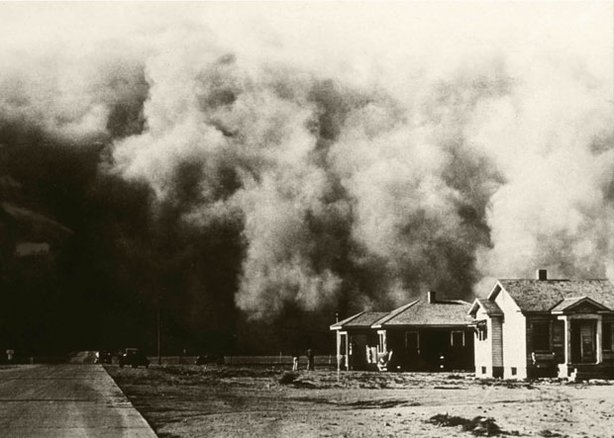
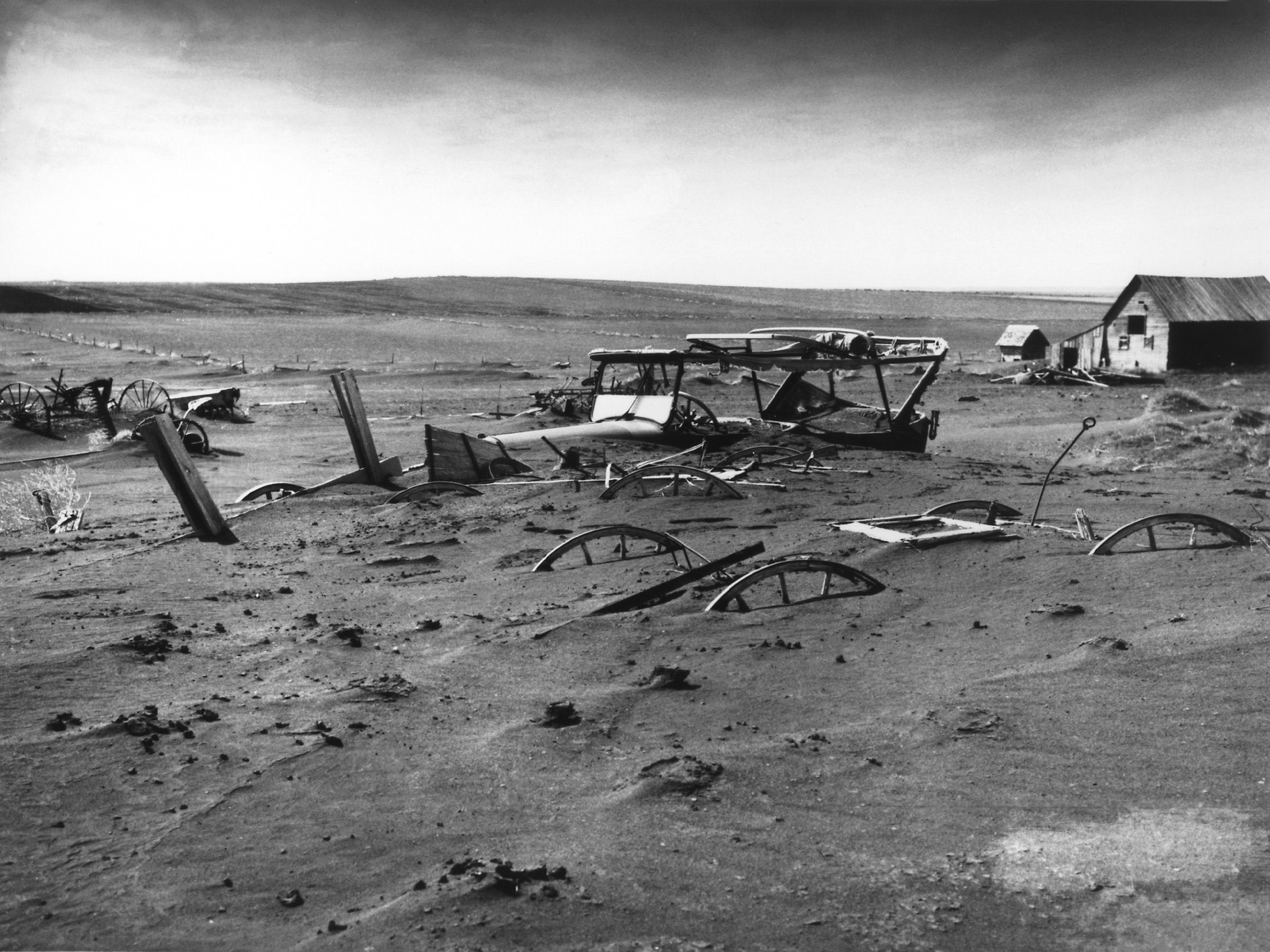
Photo: wiki
It was on this date in 1933 that the drought-stricken farmlands of South Dakota saw a powerful windstorm that kicked up the topsoil and created a massive dust storm unlike anything before. This would be just the beginning of a series of dust storms that wreaked havoc across the Midwest. Farmers were unable to grow anything, not only because of the lack of water but also the thick layer of dust that covered pretty much everything. These storms were so significant that within a matter of days dust had reached as far as New York. The size of these storms was incredible; they would appear to be a wall of dust coming across the horizon that would cause major problems for livestock, crops, and even human health for those that could not get into a shelter. This continued until 1941 when the much-needed rain returned and allowed the area to return to its former glory.
3. 1973: The Soviet Union disqualified from World Cup after refusal to play
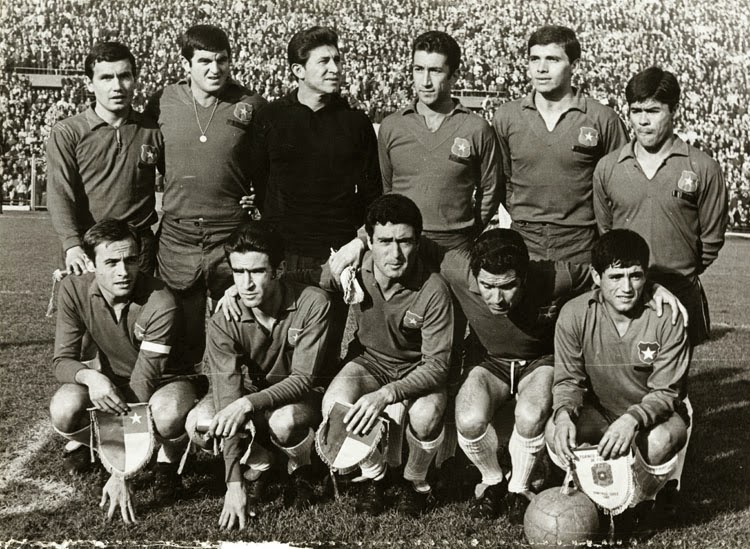
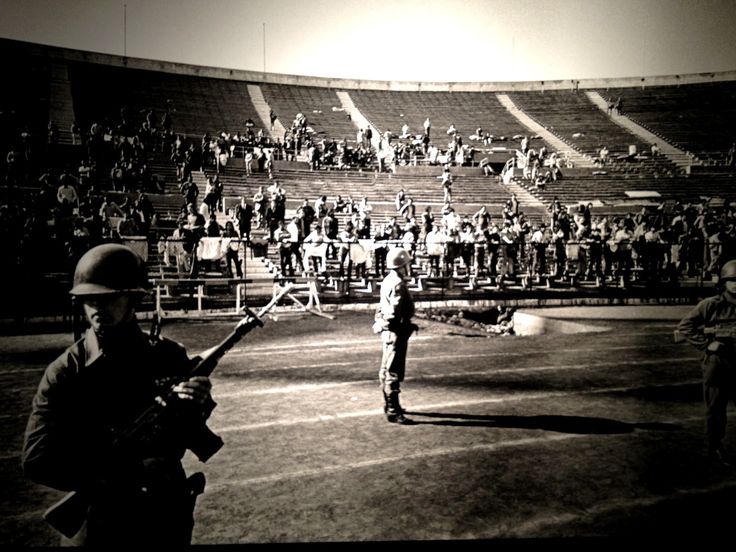
It was on this date in 1973 that the Soviet Union announced they would be refusing to play Chile in the World Cup soccer match. The reason for the refusal was due to their opposition to the recent overthrow of Chilean President Salvador Allende and his government. The Soviets requested that the match be held in a neutral country versus being held at the stadium in Santiago, which happened to be the location where mass torture and killings of the Allende supporters took place. But the International Football Federation (IFF) refused their request and gave them until November 11th to decide if they would play or not. When the Soviets still refused, the IFF had no choice but to disqualify the Soviets from the entire tournament.